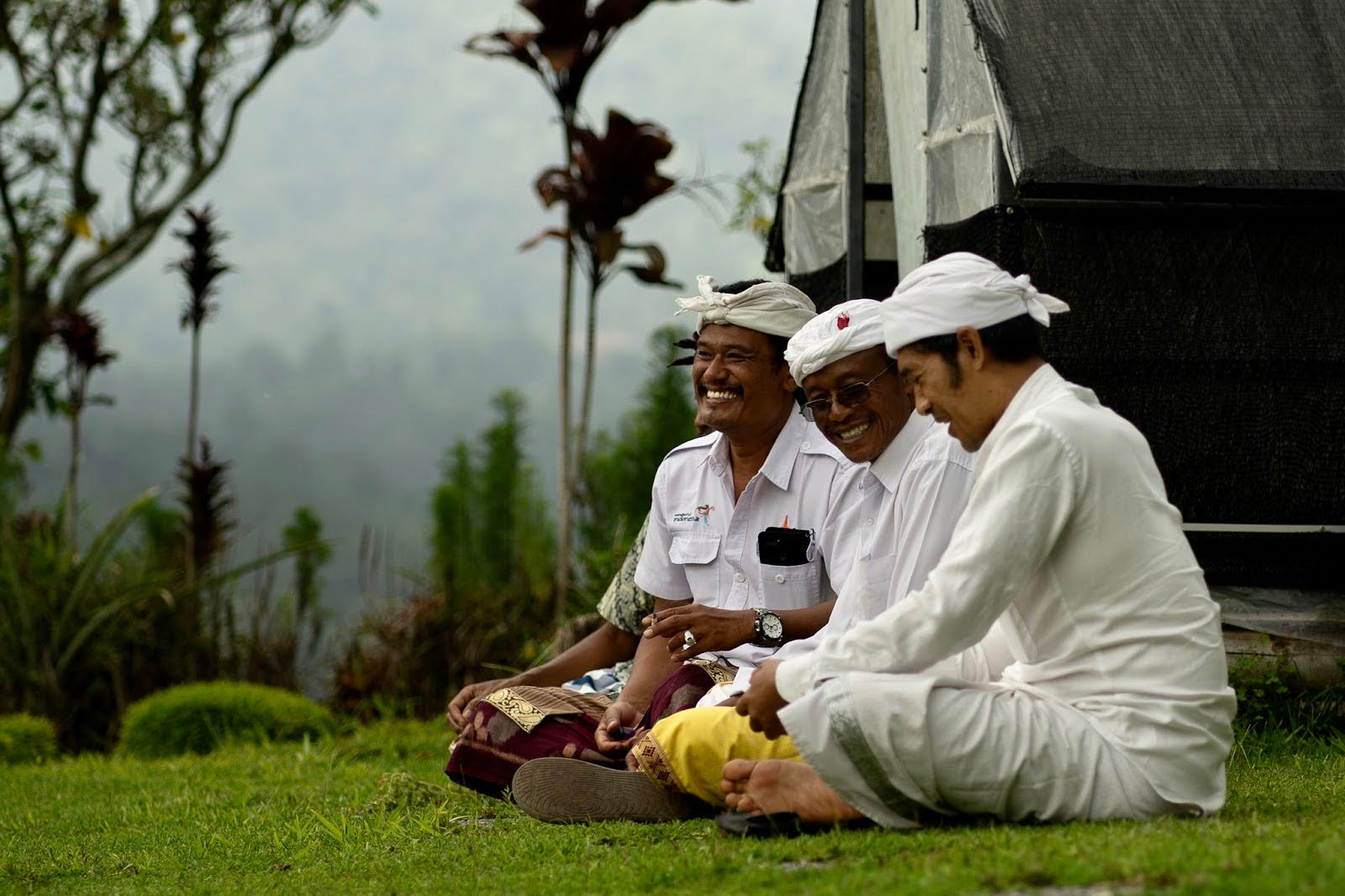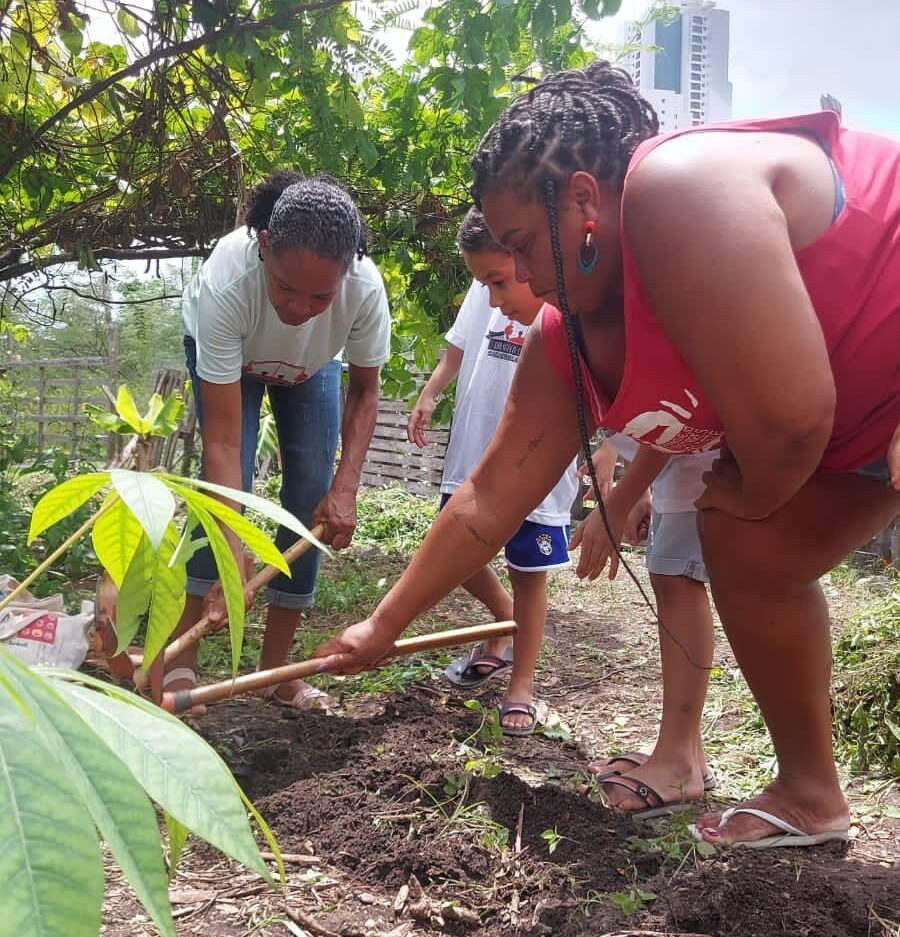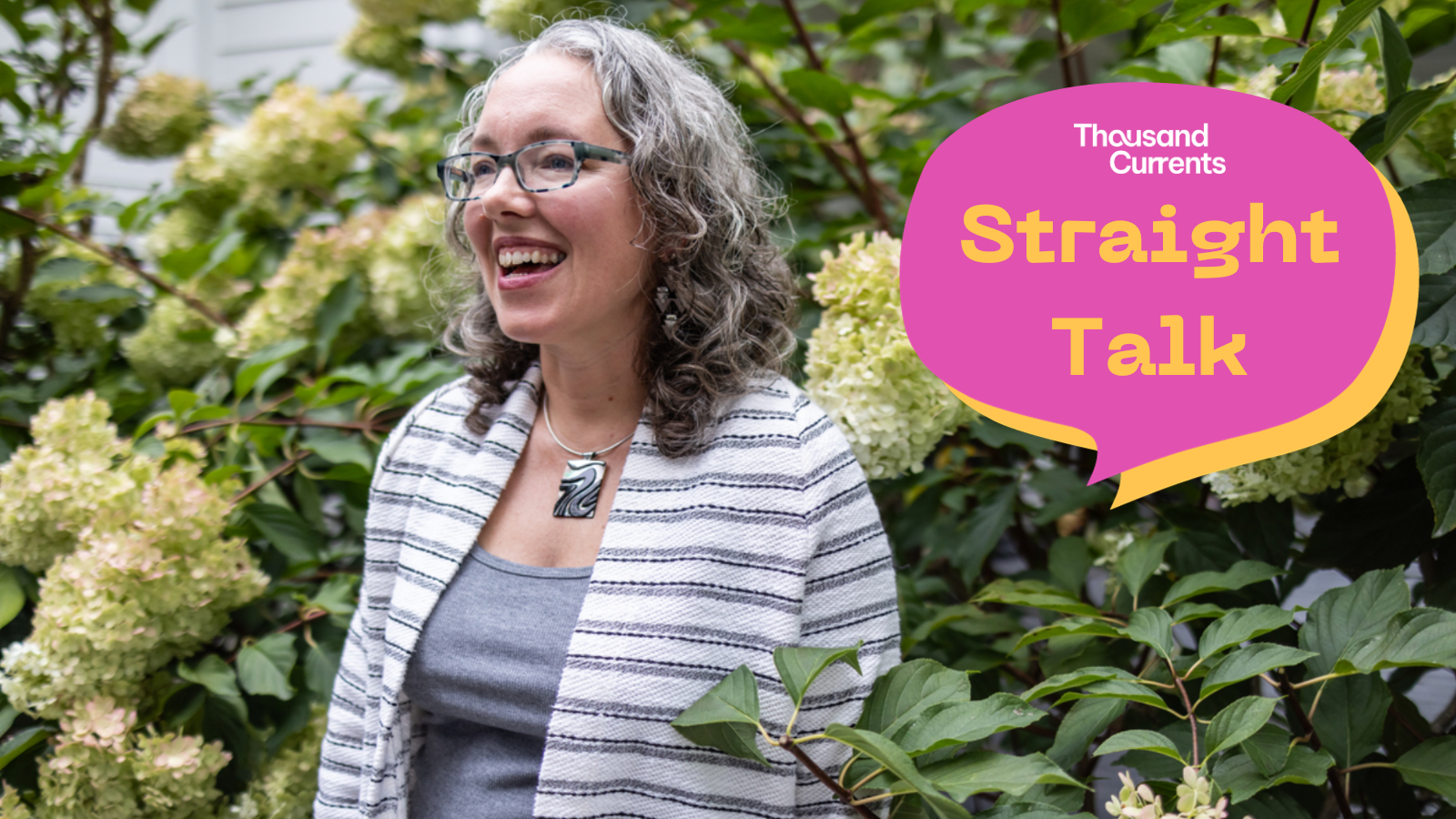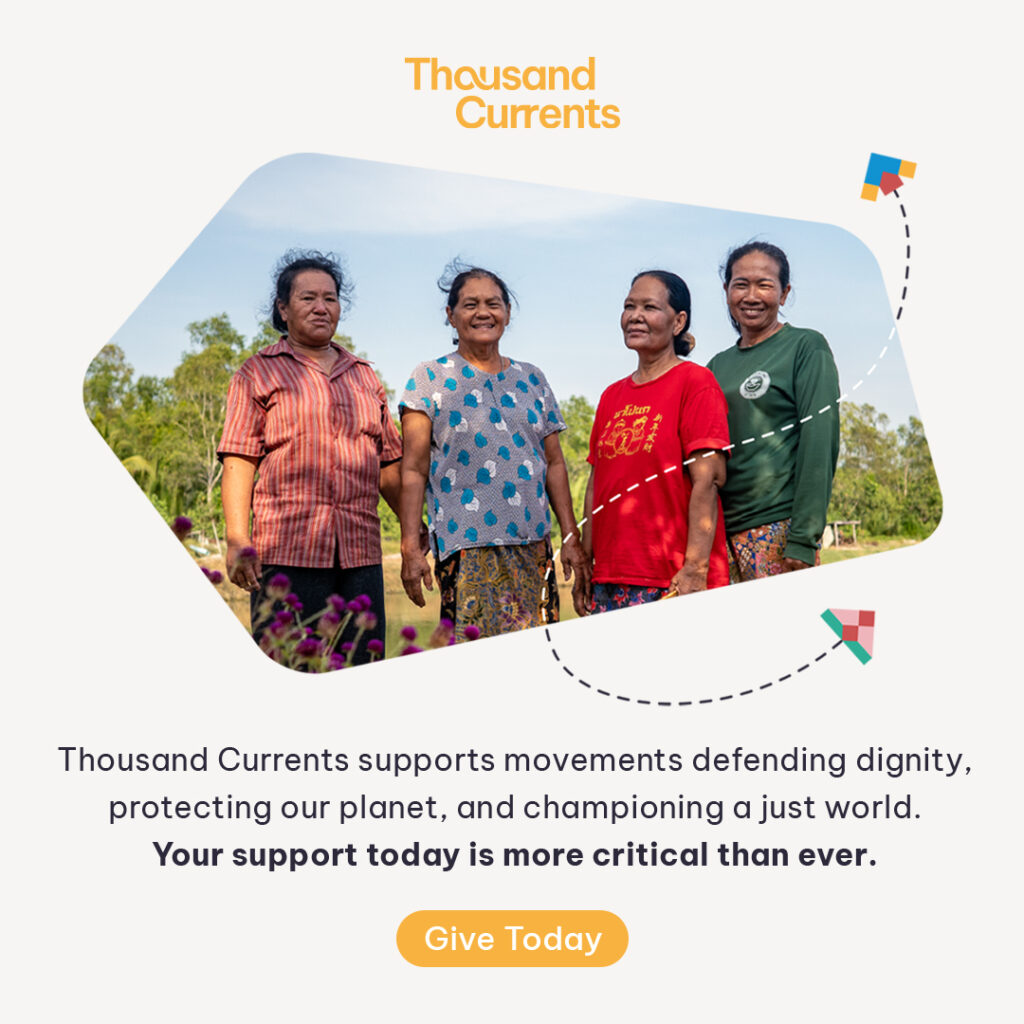What if foundations instead asked just ONE question for grant reporting?

By Jennifer Lentfer, Former Director of Communications
This post is based on a funders’ online dialogue series hosted earlier this year by The Whitman Institute on “trust in a time of distrust.”*
Why do people working in Global North organizations or within the philanthropic sector tend to err on the side of thinking that the bigger the numbers, the more impactful something is?
This is something that perplexes Luam Kidane, former Vice President of Global Programs at Thousand Currents.
“Where those who work in philanthropy go wrong is when people try to find one answer that works in every situation…and there isn’t one.
“Thousand Currents understands that impact is not always directly tied to scale,” she explains. “Thousand Currents has some partners who are farmers unions that have over 50,000 members that work at national, regional, and international levels. And we have other partners who work with a constituency of 4,000 to 5,000 young women in a rural and peri-urban areas.
“The question of scale is one instance, of many, where the importance of relationship-based grant making is highlighted, because in building those relationships, you’re able to see how different communities understand impact and measure impact, and how funders can then support that framing rather than imposing their external parameters and metrics.”
Thousand Currents’ former executive director Rajasvini Bhansali shares,
“We have often found that our partners’ understanding of impact is far more complex than anything our own log frames and boardroom discussions can invent.”
“For example, the Surplus People Project has been working on forced removals under apartheid and beyond,” Bhansali says.
The Surplus People Project (SPP) is an organization that has supported land and agrarian struggles of people who are poor in the Western and Northern Cape provinces since the 1980s, and has been a Thousand Currents partner since 2012.
“SPP has 30, 40 years of work in this area, particular to that political context,” says Bhansali, “and then [undertook] a huge change in their own strategy to look at land reform policies and how development mega project agendas lead to continued forced removals in South Africa.

Thousand Currents board member Rajasvini Bhansali and Herschelle Milford, interim CEO of Surplus People Project
“It’s simply not possible for us [funders] to even come close to the kind of knowledge production our partners are doing,” says Bhansali. She says Thousand Currents has learned much from SPP around agrarian transformation and land reform policies. She said Thousand Currents’ appropriate role then is amplification of SPP’s work.
That doesn’t mean Thousand Currents doesn’t aggregate evidence from its grantee partners, says Bhansali.
“Sometimes, in certain cases, we look at a wider context of impact and make a case for how philanthropy and financing can be more accountable, for example in the area of agrarian transformation.”
And that’s where Bhansali says funders should focus their efforts to gather evidence.
“That’s where we are appropriately invited in to study impact – not to measure [grantees’] effectiveness. Because there’s absolutely nothing we can say about that that they haven’t already.”
Pia Infante, co-director of The Whitman Institute, also wants foundations to do more of their own homework, rather than making organizations package everything for funders’ specific protocols and reporting.
“There’s a lot of public information. Often organizations are putting out annual reports, making their financials public. So even the concept of reporting is really just busy work essentially.”
Thousand Currents, admittedly, says they choose grantees that have self-criticism embedded as part of their ethos and organizational culture, which will be reflected in their knowledge production and documentation.
“I think we’re a lot more defensive within philanthropy than our grassroots partners and movements are around reflection, criticism, and learning from mistakes,” says Bhansali.
Herschelle Milford, interim director of Thousand Currents’ partner, the Surplus People Project (SPP), also asks a critical question:
Also who defines impact? For whom?
She says SPP focuses first, and always, on having proper processes with communities.
“[Our impact] is displayed in the way we do things.”
Milford explains that the land and agrarian reform and food sovereignty struggles are messy and complex.
“It’s not an easy terrain. It forces us to have relationships with our [funding] partners, because there’s often this obsession with scale: How many numbers? Can you push the numbers? But we’re grappling with issues around race, class, and the intersectional nature of all of this in our work.
“For us it’s not about scale. It’s about depth,” Milford says. She wants funders to take closer looks at how their grantees describe what transformation really looks like. “Ask: why and how do we do what we do?”
Thousand Currents’ organizational learning around how to be in deeper solidarity as a funder meant that they recently took a long, hard look at their yearly reporting guidelines and framework, which they heard from grantees was cumbersome. Kidane shares that the questions were more suited to Thousand Currents’ needs rather than actually learning about what happened over the last year with our partners.
So they scrapped their reporting guideline document and created a new one. It has just one question on it, which is:
What would you like us to know about your work and what has happened in your organization over the past year?*
*Please send, as a separate attachment, a financial report that outlines the organization’s income and expenditures for all the organization’s operational and program activities over the past year. If there are different program components, these can all be brought together in one overall organizational budget.
Kidane says after one round of using this new reporting guideline, “I already have a significantly deeper understanding of the work of the partners in the Africa region with this type of reporting than I did before with all of the different metrics that we were asking for.
“Now Thousand Currents can adjust how it works to make sure that it is supporting the work of partners more deeply.”
*The three organizations that participated in the online dialogue – the Whitman Institute, Thousand Currents, and Surplus People Project – all have both relationships of learning and trust, and at the same time, resources flow between them. Thousand Currents is a long-term, grantee partner of the Whitman Institute and Surplus People Project is a long-term partner of Thousand Currents. Solidarity, listening, and trust-based grantmaking are a core part of how these organizations relate to each other, not just between singular staff members, but from institution to institution.
Related Stories




